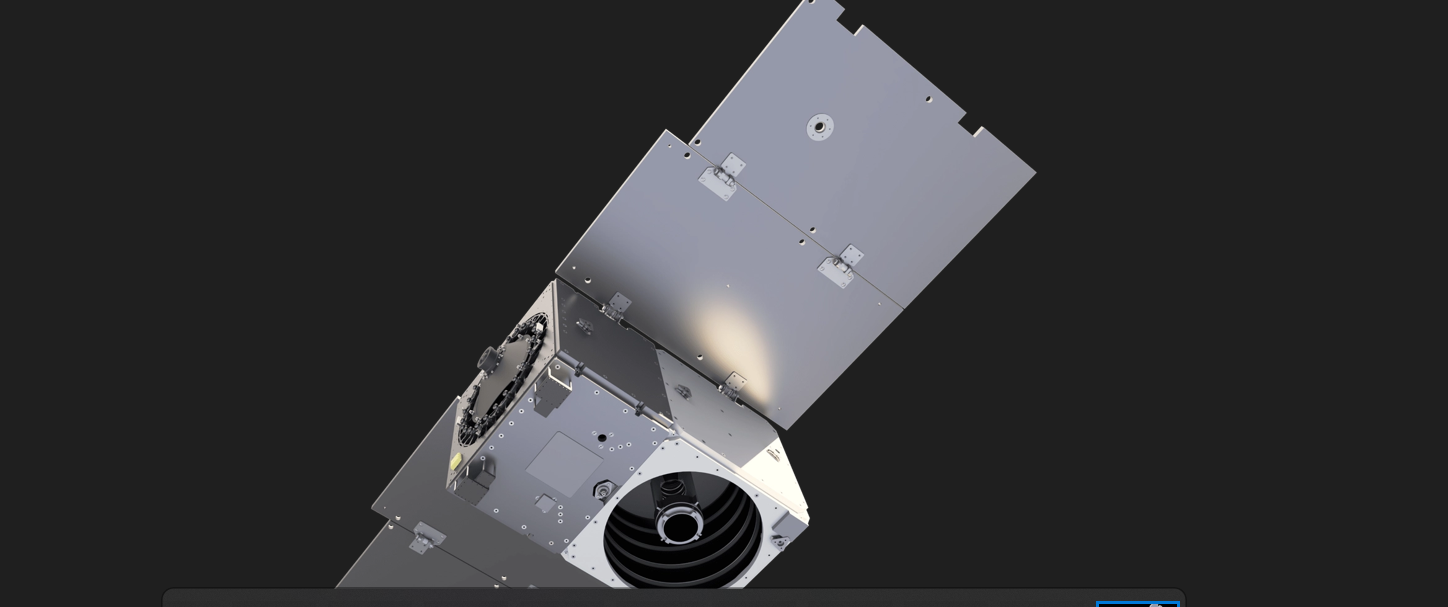
The Pelican constellation is designed to produce 30-cm resolution images of Earth.
Planet Labs has delivered its Pelican-1 Earth imaging satellite to Vandenberg Space Force Base in California ahead of a planned launch in November.
The technology demonstration spacecraft is to test the company’s common bus platform, as well as serve as a forerunner to the next-generation, higher-resolution Pelican satellite fleet, Planet Labs said on Oct. 10.
“Pelican-1 is not expected to produce commercial data, but rather obtain critical information and learnings needed to iterate the Pelican design and rapidly scale to a fleet using Planet’s agile aerospace approach,” Planet Labs says.
The company also plans to use the common bus for NASA’s Tanager program, an effort to detect, pinpoint and quantify methane and carbon dioxide emissions. For that mission, Planet Labs is building two hyperspectral satellites, Tanager 1 and Tanager 2.
The next-generation Pelican fleet of satellites is to replace about 20 SkySats in orbit today. Planet Labs says the Pelican constellation could end up having up to 30 satellites.
The Pelican constellation is designed to produce 30-cm resolution images of Earth. It will be able to take pictures 12 times per day of most locations on the planet and up to 30 pictures per day in mid-latitudes. It would have a revisit rate of about 30 min.
Alongside the Pelican-1 demonstrator, Planet Labs plans to launch 36 of its SuperDove satellites. The company said in December that those satellites would be launched on a SpaceX Falcon 9 launch vehicle.
The SuperDoves will be used for the company’s Planet Monitoring service, a once-per-day image scan of the entire Earth at 3.7-m resolution.
Planet Labs says it is using that daily scan to train predictive machine learning models to help its users analyze changes. The company sells images and its monitoring service to industries such as farming, forestry, energy and infrastructure, as well as to governments.
